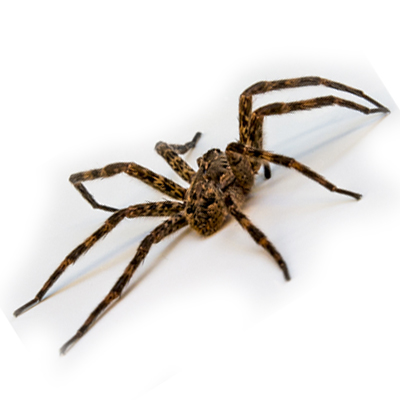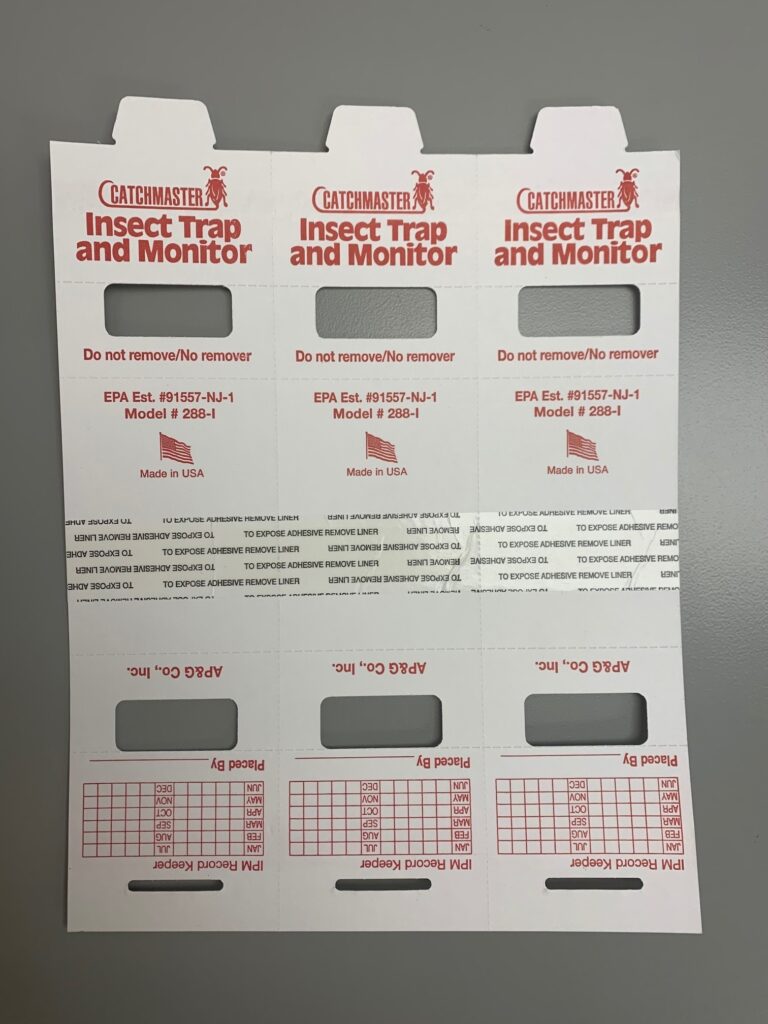
Prevention
Sanitation
General sanitation outdoors will aid in preventing buildup of spiders. Wood piles, rocks, trach, compost piles, old boards and other debris should be cleaned up. It’s important to keep crawl spaces free from debris. Indoors, spider webs can be vacuumed.
Structural Control
Screens, tight fitting doors and windows, sealing cracks and crevices in foundations all aid in keeping out spiders.
Chemical Control
Indoors – residual insecticides may be used in conjunction with a “knock-down” aerosol. In attics and crawl spaces dusts may be used.
Outdoors – residual insecticides may be applied as a barrier treatment, it may be advantageous also to treat sheds, woodpiles, garages, etc. Remember pesticides applied to areas receiving direct sunlight and exposure to weather will break down more quickly. Some insecticides, such as Malathion, have been shown to be repellent to spiders.
Signs and Symptoms
Spiders are seldom aggressive towards humans and usually bite only when injured or trapped. Only large spiders are capable of breaking the skin of a human; smaller ones can inflict only superficial scratches.
Nearly all spiders have venom glands, but most of the North American species have venom so low in toxicity to humans that effects are usually insignificant.
The severity of a person’s reaction to a spider bite is influenced by a number of factors, such as:
• species of spider
• body area of the bite
• amount of venom injected
• depth of bite
• seasonal changes and temperature
• In some cases there is no reaction at all.
Symptoms of spider bites are:
• slight soreness and itching similar to a mosquito bite
• burning, throbbing numbness and stiffness
• slight swelling
Individuals who are especially allergic to venoms of insects and their relatives may be more seriously affected by bites of spiders that are not dangerous to most people.

Spider Bite Myths vs. Reality: What You Need to Know for Safety
When it comes to pests, spiders are often responsible for causing great fear and panic among homeowners in Western Canada. However, even though spider bites can often cause pain and discomfort, not every incident represents a real threat for your health. In this blog, we are exploring myths and facts about spider bites so that…

Not All Traps Are Created Equal
Trap selection is an important component of any trapping and monitoring program within an integrated pest management program. Improper selection of a trap style can lead to misrepresentation of a true pest numbers in an area. This is due to the fact that pests may: Not be able to enter a trap to be captured…

5 Natural Remedies to Combat Spiders
Spiders are one of the most annoying pests in our homes. In some cultures, spiders are even associated with evil spirits. In general, spiders can be useful as they serve as a natural deterrent to other insects due to their predator-prey relationship with them. However, some harmful spiders like the Black Widow or Brown Recluse…


